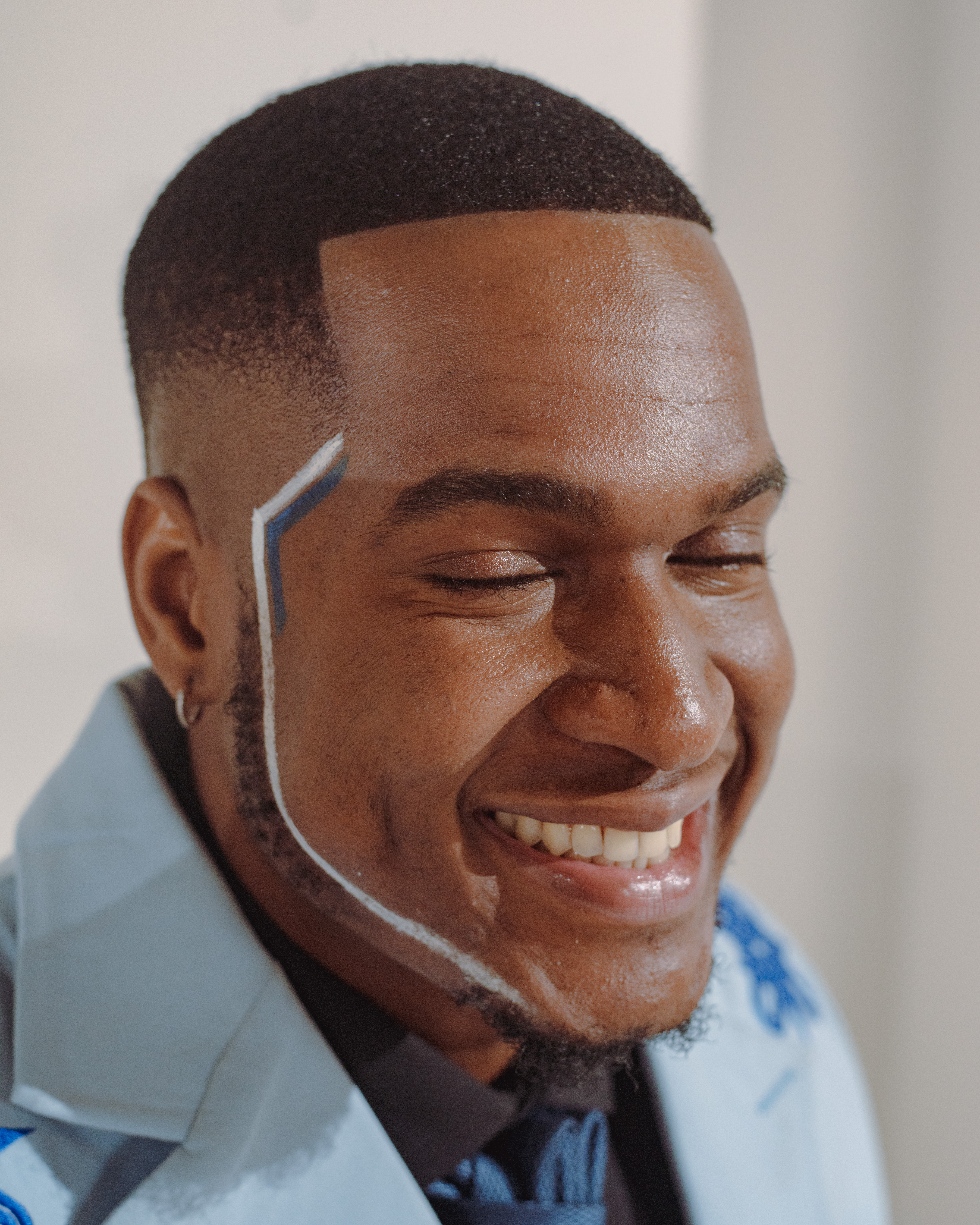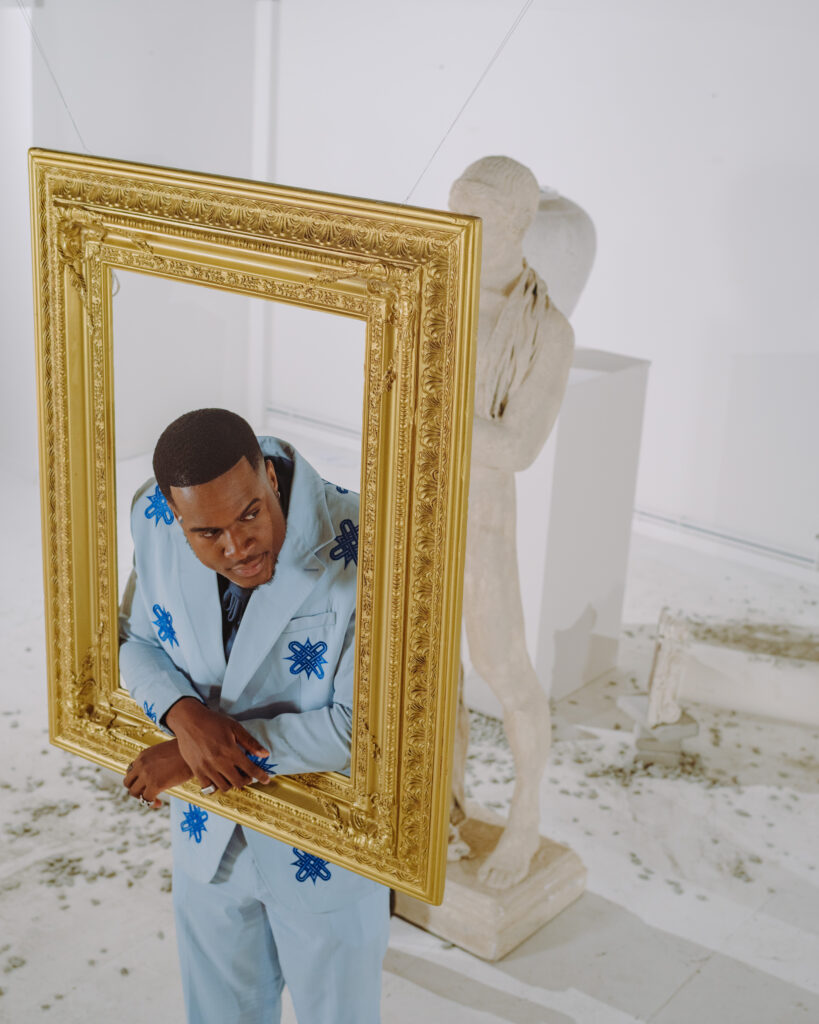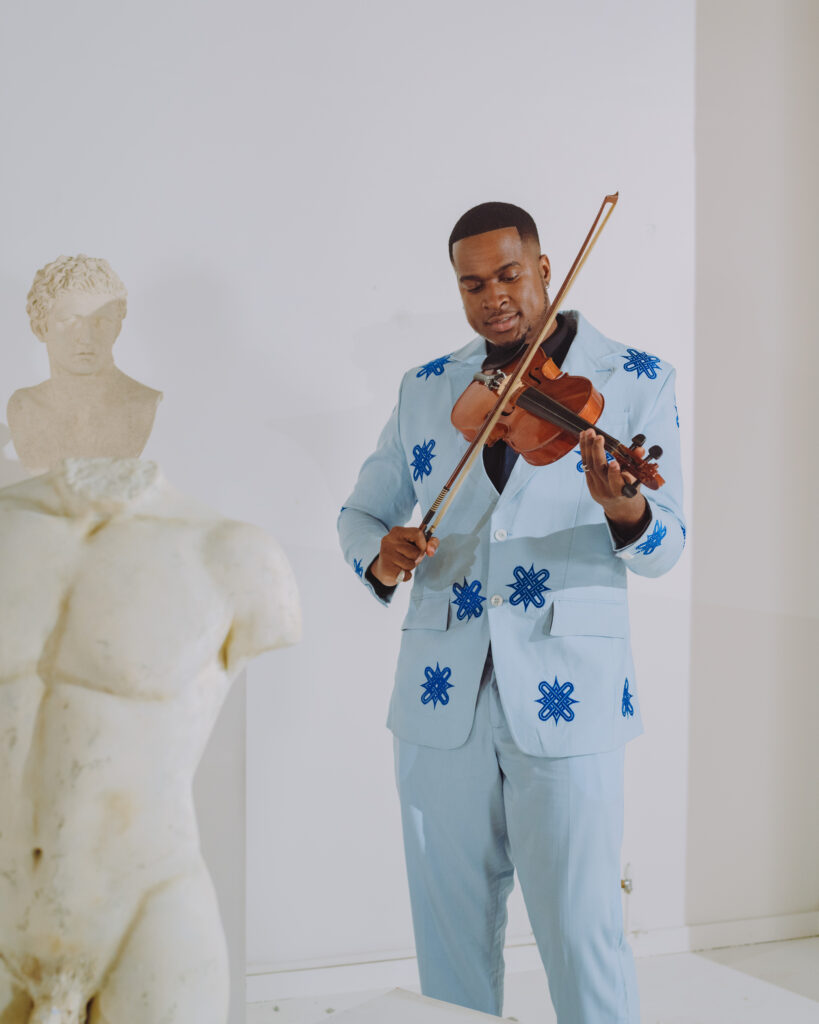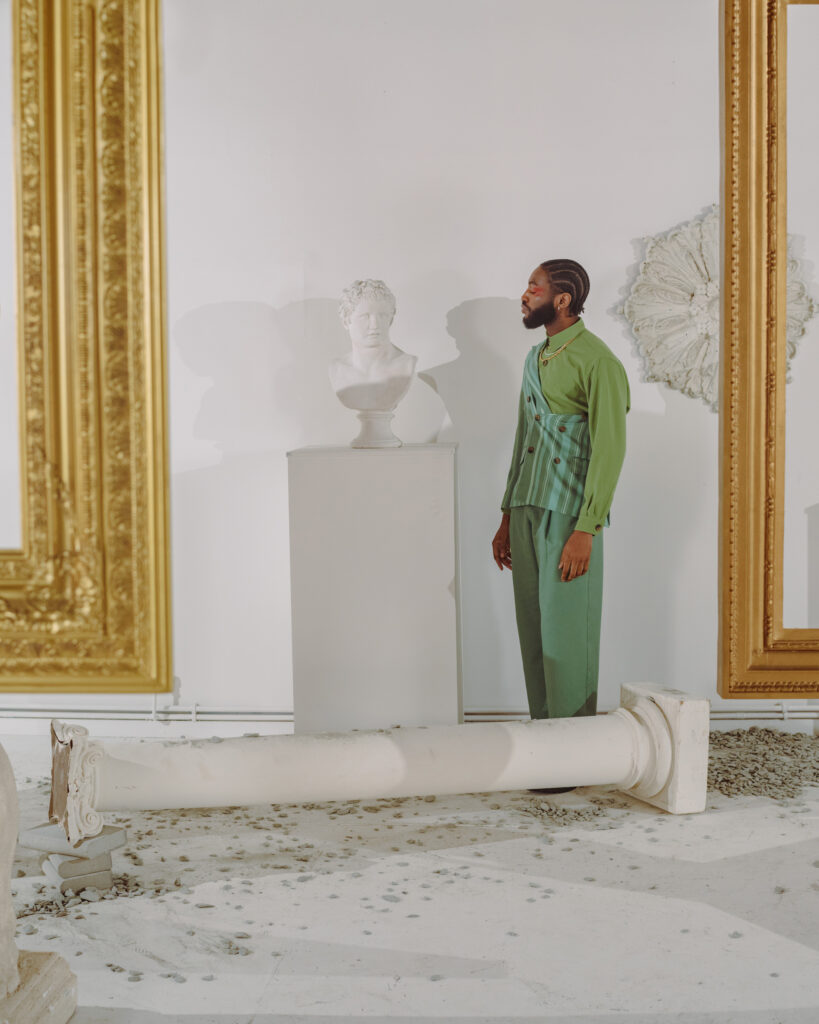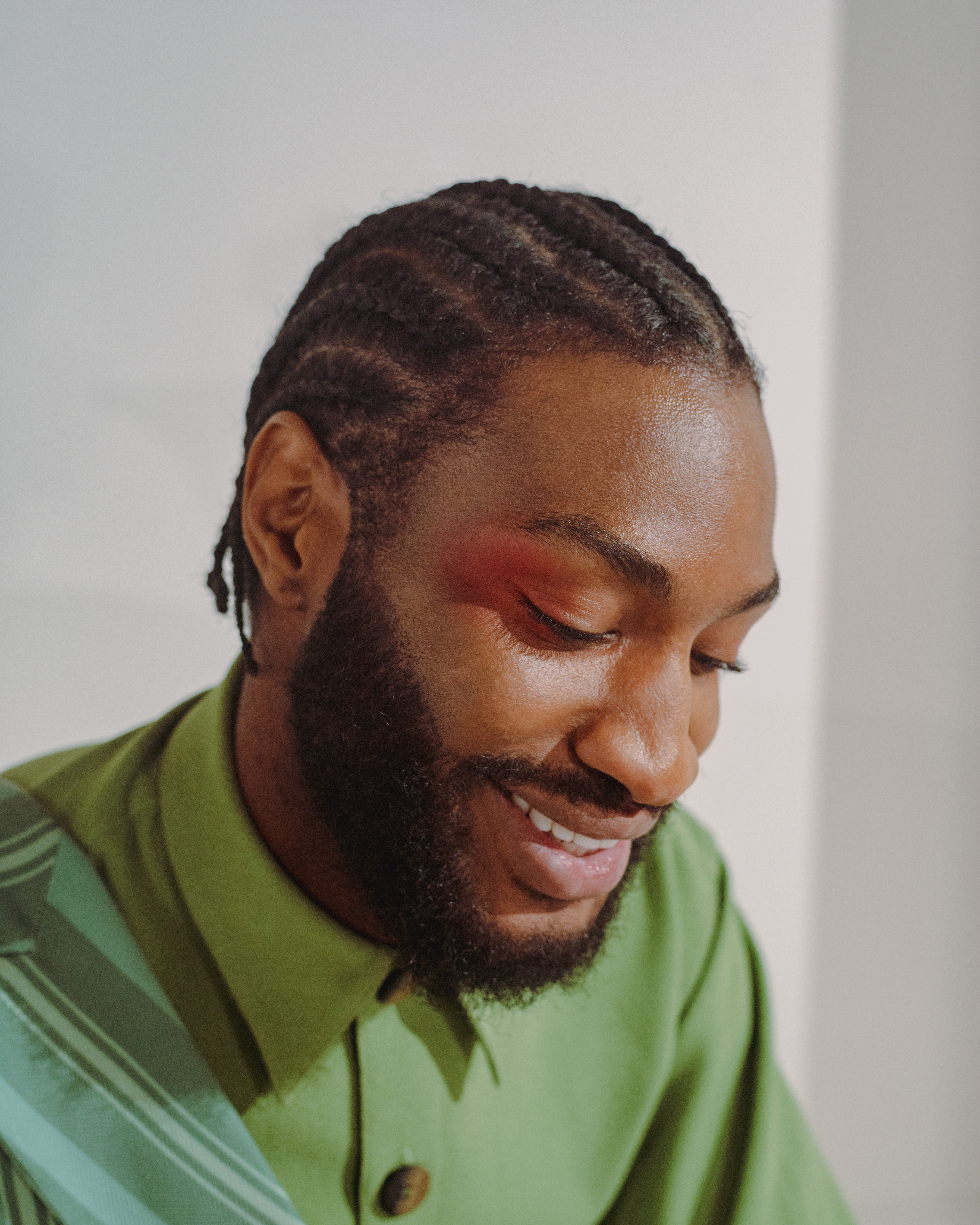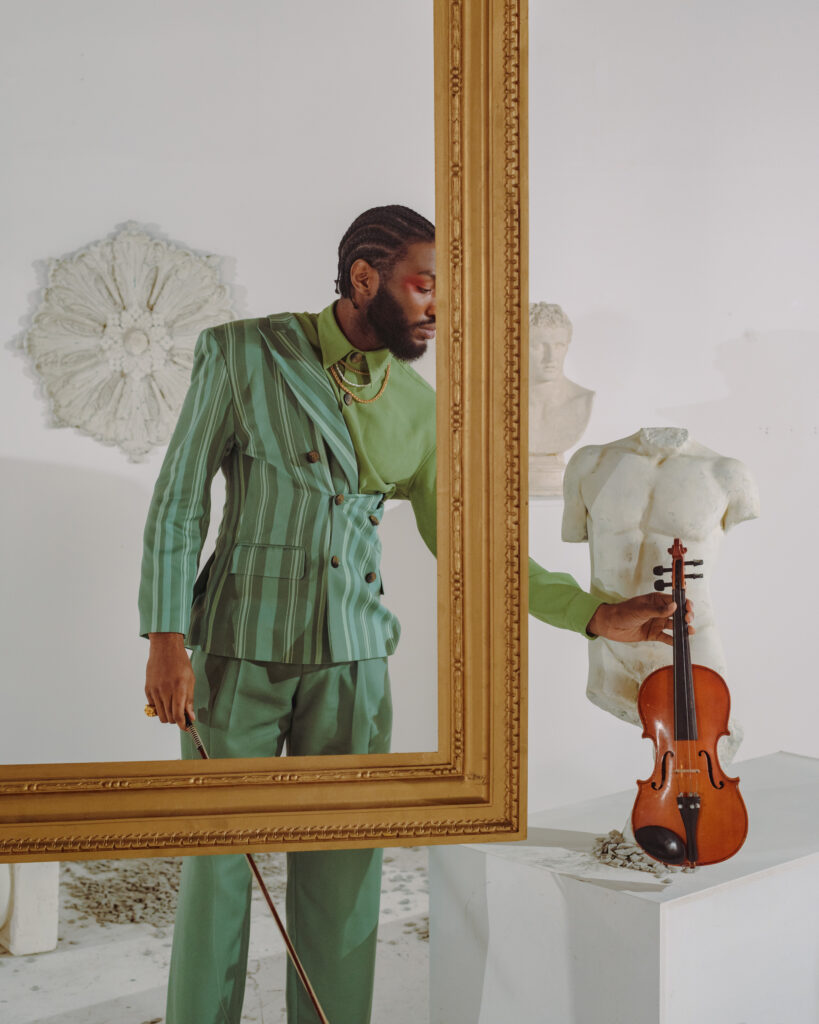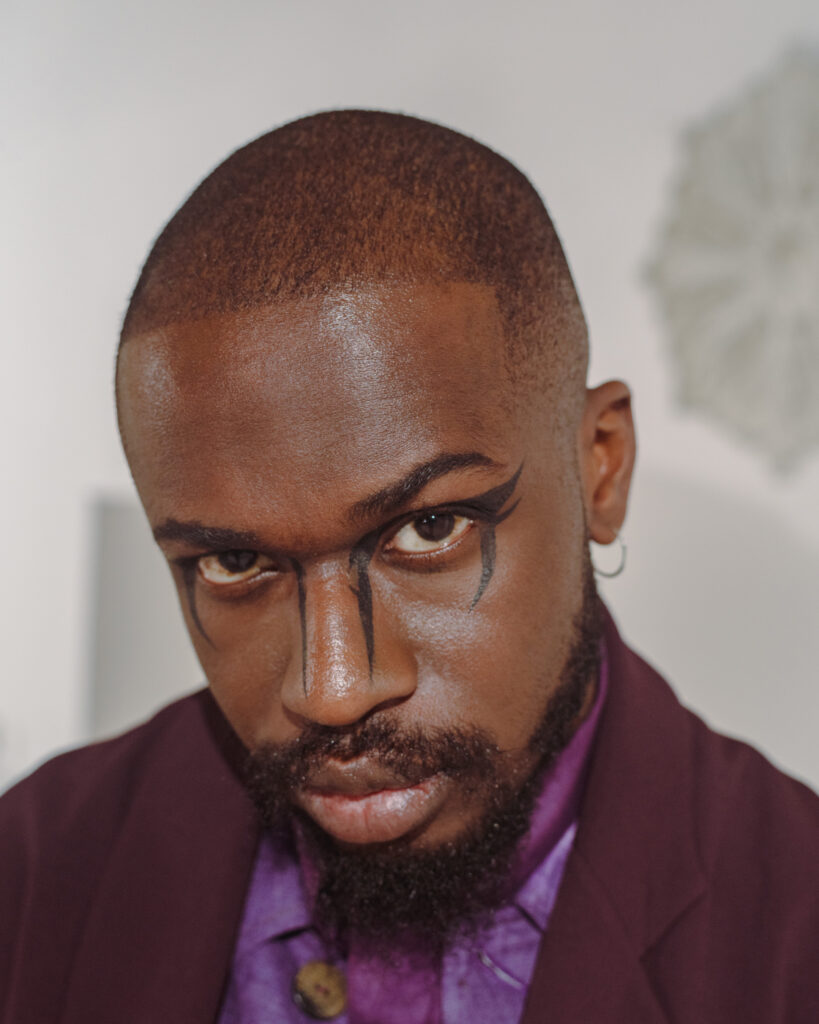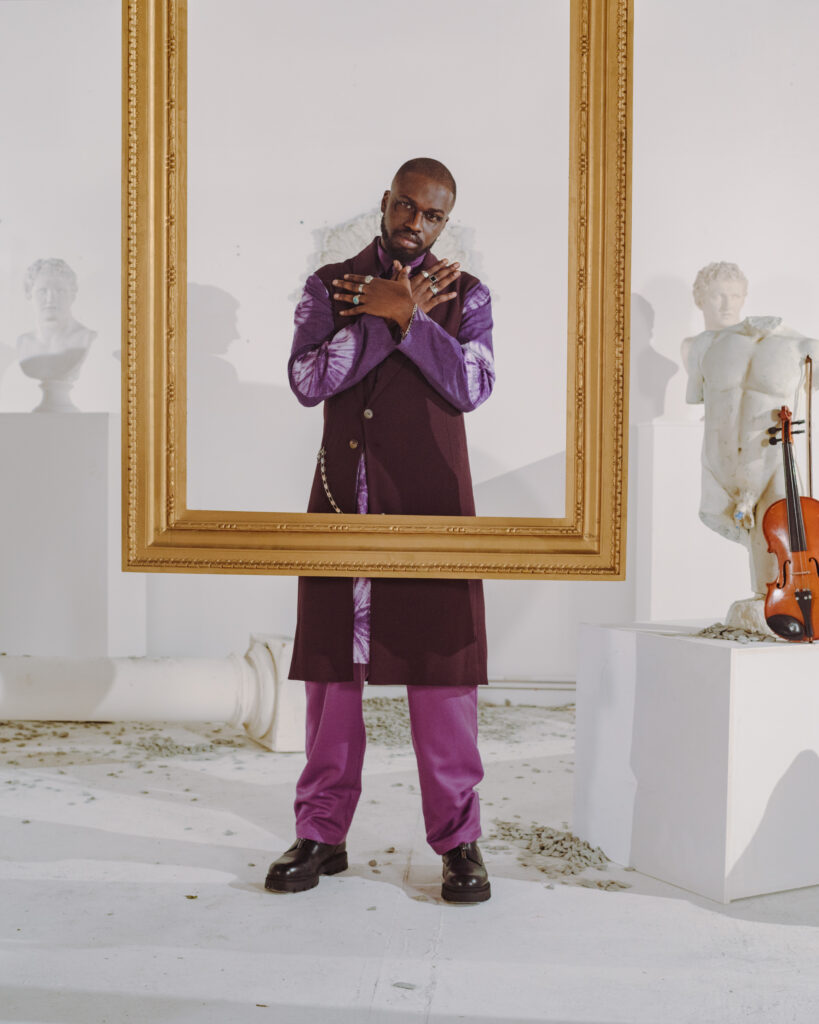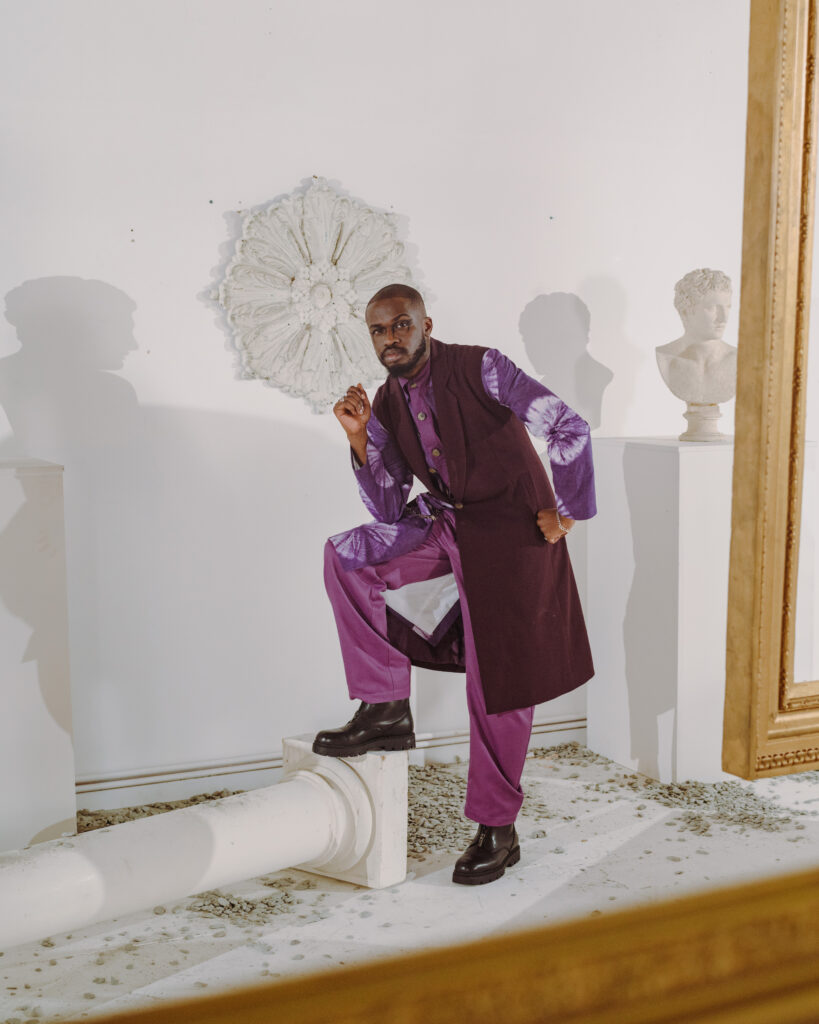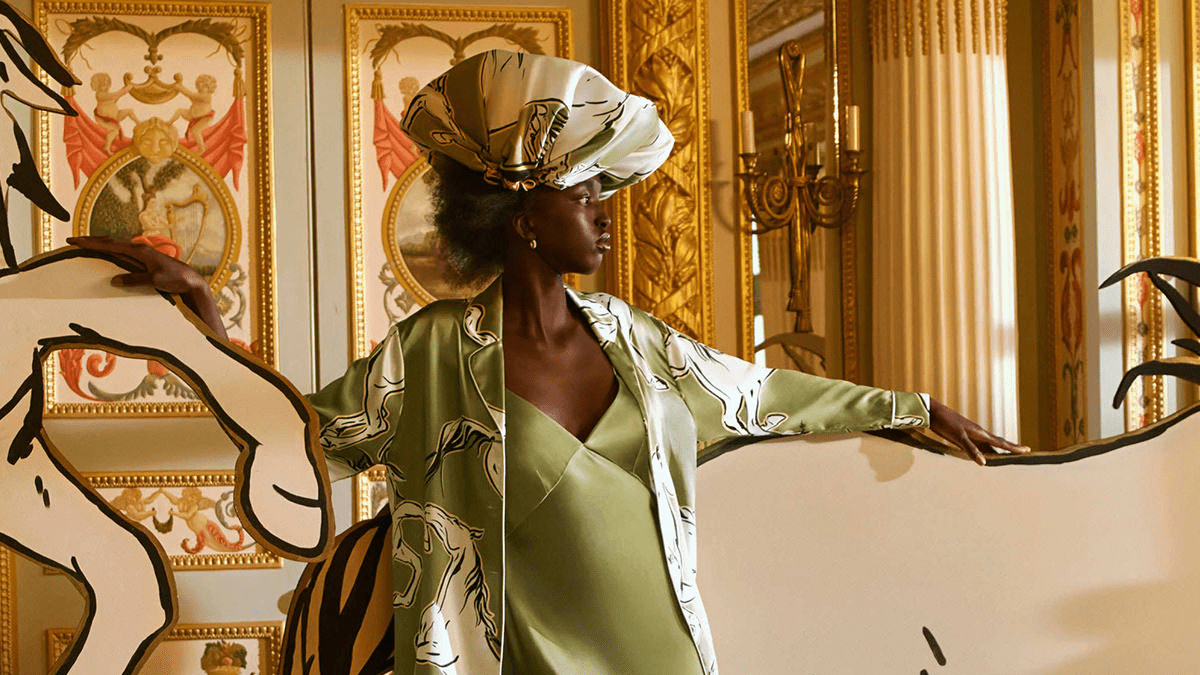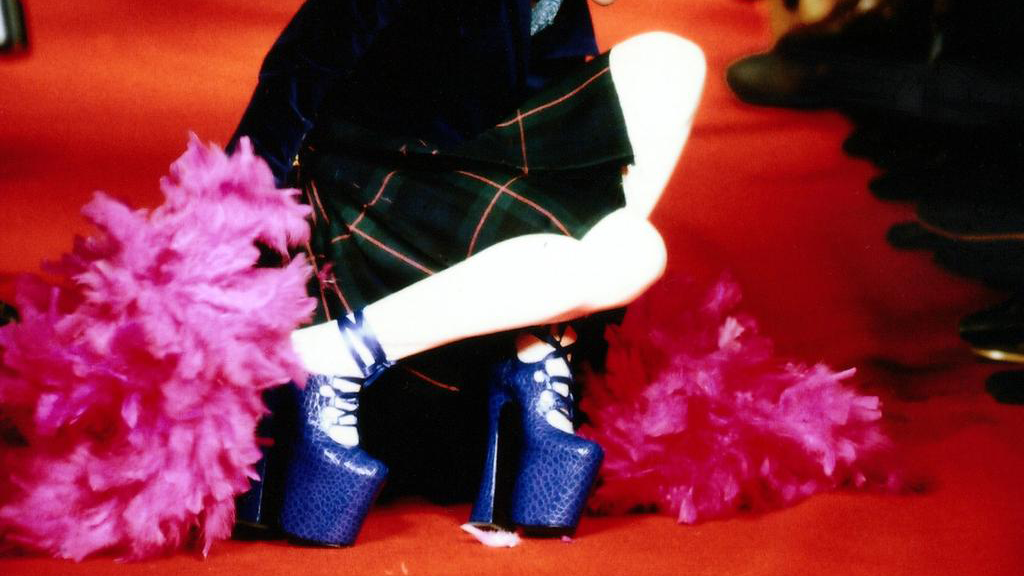GUAP 25 – The Alté Edition: The Evolving Sounds Of Africa & Its Diaspora [@BojDRB] [@iamodeal] [@itsgabzy]
![GUAP 25 – The Alté Edition: The Evolving Sounds Of Africa & Its Diaspora [@BojDRB] [@iamodeal] [@itsgabzy]](https://guap.co/wp-content/uploads/2021/12/Copy-of-GUAP25-ALTE-EDITION-INSTAGRAM-FEED-COVER-1-scaled-1.jpg)
If you want to see the future of music from the African continent look no further than Alté.
Nigeria has been a powerhouse in music from the African continent for a while and as such was home to some of Africa’s biggest musical stars across the years. This year however we saw a surge in sounds from Southern Africa with Amapiano going global and even Nimco Happy having a viral hit coming from Somalia towards the tail end of the year. But bubbling beneath the surface and occasionally breaking into more mainstream culture was Alté.
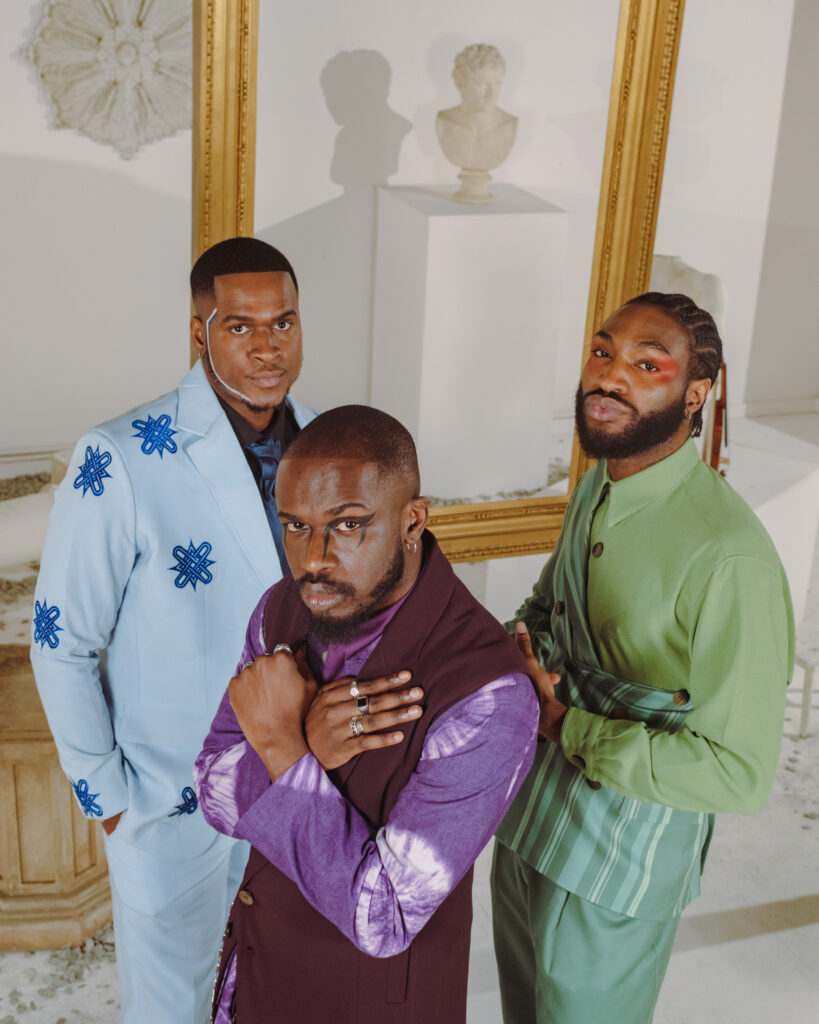
Alté may not be a genre that you’re too familiar with just yet but you’ve almost certainly heard of some of its stars – Amaarae, Obongjayar, Cruel Santino (formerly Santi), and even Tems. You should also be paying attention to these names – Odeal, Gabzy, and Boj. Boj is the name most of you will be familiar with after his impressive feature appearance on Dave’s We’re All Alone In This Together album on the track “Lazarus”. Whilst this might be the first interaction with Boj for a lot of audiences, in the Alté scene Boj is established. So established in fact you could argue for him making the term “Alté” popular with him using the term back in 2014 on his track “Paper” in which he states:
“I’m an Alté guy”
Odeal and Gabzy are both equally ones to watch in this type of space with them repping for Nigeria’s diaspora here in the UK. If you’ve been tuned into who and what’s been shaking things up in the UK you will recognise both names almost immediately – but if you’re not familiar with them directly you will certainly recognise some of their collaborators Nines, Abra Cadabra, Darkoo, Sainte and more. They both hail from South London, a special place when it comes to breeding talent – music or otherwise. Speaking on what he thinks makes it such a hub for talent Gabzy remarks, “Something in that water, I feel like we are just so creative. With so much happening around us I feel like we just use whatever gift God has given us as an outlet to express ourselves to the fullest.”
So what is Alté?
Well, that’s the thing Alté isn’t a strict thing like other genres are. In fact, to some people it’s not even a genre it’s a lifestyle, a subculture that is embodied. But for the sake of ease when it comes to Alté musically it is generally understood to be music of African origin that doesn’t stick solely to traditional sounds and instead opts to incorporate a variety of influences globally. The name Alté derives non-surprisingly from alternative, so anything that didn’t necessarily fit an existing mould (especially in Nigeria) was given the Alté label. So within Alté you will hear notes that you clearly identify as being African across production and in the lyrics and languages/dialects used but you’ll also likely hear references from R&B, Pop, and more in those same areas.
“It’s a genre that allows you to be free to be yourself…Alte allows you to live in your own world, make your own rules. When it comes to Alte music, no one knows what it is, it can’t be categorised. It just feels good. Alté allows African artists to go further than just “afrobeats”, the crossing of genres, originality & freedom to experiment creates the potential for us to cater to the world.” Says Odeal when asked about his definition of the genre.
Boj previously explained that the term Alté actually came from his fellow DRB Lasgidi member Teezee, whom he credits for being the originator of a lot of the collective’s slang. Teezee was using Alté to describe Boj’s sound, with Alté in this instance meaning alternative. But beyond it being a reference to being alternative he is, similarly to Odeal, very clear on the fact that the real key to the Alté movement and anyone in it is simply “being yourself” and “freedom of expression”.
The need to explore and not be constrained to traditional sounds is something Odeal, Boj and Gabzy share and it is likely down to their experiences of travelling. Odeal is Nigerian and has lived in Spain, Germany, Nigeria and the UK. Boj is Nigerian born but was sent to school in the UK from Year 9 onwards and has been back and forth between the two countries from those school ages. Gabzy is also Nigerian and was raised in the UK but he also spent time out in America, which is where he met producer melvitto who was responsible for the pair’s groundbreaking project Summers. It is this mesh of cultures and the musical education that each country provides that has led these future icons to create with almost unparalleled freedom.
The path for an Alté artist now might seem clear, or at least clearer than it ever has, but it didn’t come completely smoothly. If we even take a look at culture away from Alté specifically, in the wider sense being African wasn’t always seen as the cool thing, but now it is. “I think people just over time, just kind of owned it more. And, yeah man, the whole world started to see it. So I think, I think it’s really been from a creative standpoint that we made that change.”, notes Boj who cites collaborations like WizKid and Drake amongst others for cementing the idea that Africa is cool at the highest level.
Beyond that, Alté has survived through the resilience of the artists that shaped the movement. This resilience was key because Alté was challenged across a number of levels musically and otherwise. Sonically it was different so from the offset people said that it wasn’t going to work for that reason. On top of this, the public perception was that it wouldn’t last because they saw the people doing it as people from rich backgrounds who were just doing it for fun. Boj notes that really the reason it’s got to where it has is that “We all kept doing it. What we believed was great. You know, and we didn’t stop because they said it wasn’t going to work or whatever.” Now as a result of that even the mainstream music of Africa has changed and become more in favour of mid-tempo than the faster paces that previously dominated.
The journey of Alté is also far from over, if anything it’s just at the start of a trajectory to being one of the most important sounds in music. Gabzy even mentions that “I feel like there is no ceiling for Afro based songs, we see it today if we look at the hottest songs in the world this year a decent amount were African.” which is true WizKid, Tems, Fireboy DML and more have basically been names we haven’t stopped hearing for the past year or so. Part of that is down to the global appeal which can sometimes be overlooked by artists in thinking of local audiences, when in reality “there’s a totally different part of the world that’d appreciate what you do naturally.” as Odeal puts it. This and the vision of these artists is why Alté is here to stay. When asked about their legacy similar sentiments were shared about creating in a way that connects with people, but also, and I think Gabzy puts it best “Good music ! No gimmicks, no perception metrics, just good music.”
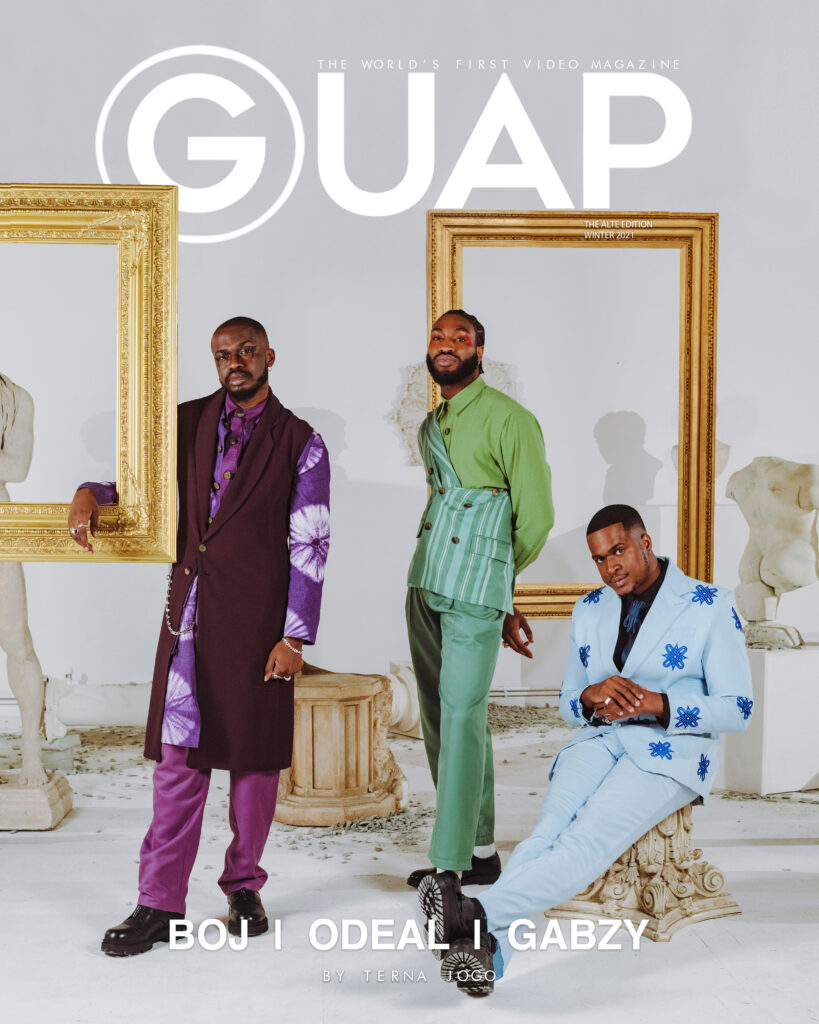
Credits
Clothing:
Boj – Labrum London
Odeal – Labrum London
Gabzy – Tokyo James supplied by Jendaya
Team:
Creative Direction – El-shaddai Nyagodzi
Stylist – El-shaddai Nyagodzi
Stylist Assistant – Adeola Johnson
Set Designer – Maureen Kargbo
Set Design Assistant – Shania-Mae Wright
MUA – Tiara Wada
MUA Assistant – Modupeola Soetan
BTS Photographer – Rae Ashton
Photographer – Terna Jogo
Videographer – Sam Adjaye
Assistant – Shenell Kennedy
Words by – Zweli Chibumba
PR – MYBLAQBOOK




![ZINO VINCI’S ‘FILTHY & DISGUSTING’EP BRINGS YOU TO THE CORE OF THE ARTIST [@ZinoVinci]](https://guap.co/wp-content/uploads/2023/10/Zino-4.jpg)

